Commercial & Public Buildings
IAQ is a primary concern in all indoor spaces, especially those with higher footfall. Particulate and molecular filtration can help with issues related to IAQ in commercial spaces. Also, HVAC system uses ~50% of the energy and filters with higher efficiency and lesser energy consumption are a must. Making sure that the circulated air is clean, and that occupants are protected is primary in order to address concerns regarding the reopening of offices and commercial spaces especially post COVID-19.
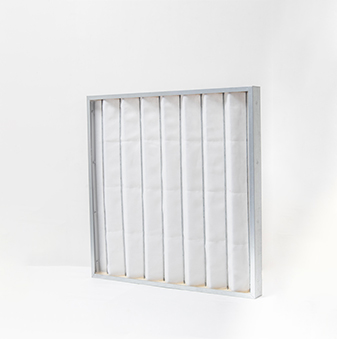
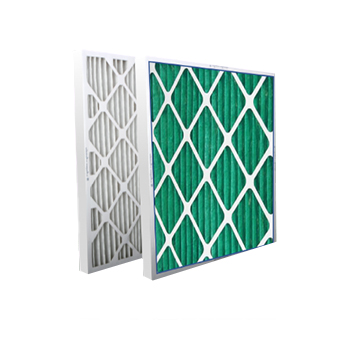
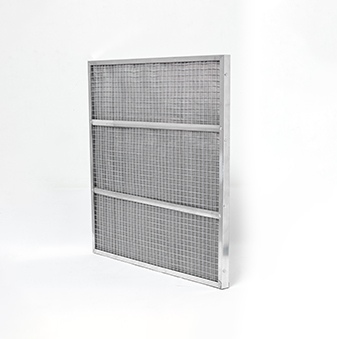
.jpg)
.jpg)
.jpg)
.jpg)
.jpg)
.jpg)
.jpg)
.jpg)
.jpg)
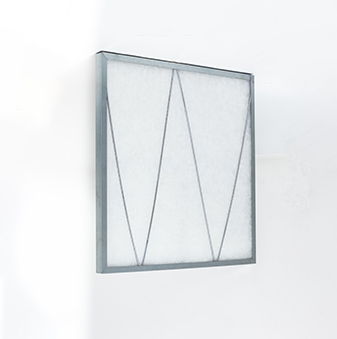
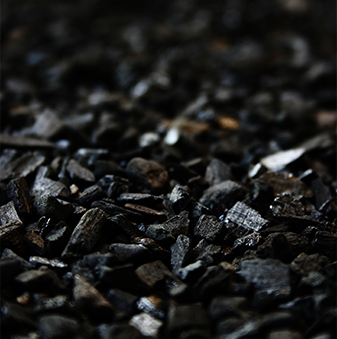
Impregnated granules are produced by adding chemical compounds to activated carbon during the manufacturing process. The added compounds react with the activated carbon, creating a new material with enhanced adsorption properties for specific gases or vapors. The type of impregnating agent used depends on the target pollutant, and different agents can be used to enhance the performance of activated carbon for specific applications.

The use of activated carbon in gas filtration involves passing the gas stream through a bed of activated carbon, where the pollutants are adsorbed onto the surface of the carbon. Activated carbon is highly porous, and its surface area can be as high as 1500 square meters per gram, which makes it an excellent adsorbent material.
.jpg)
.jpg)
.jpg)
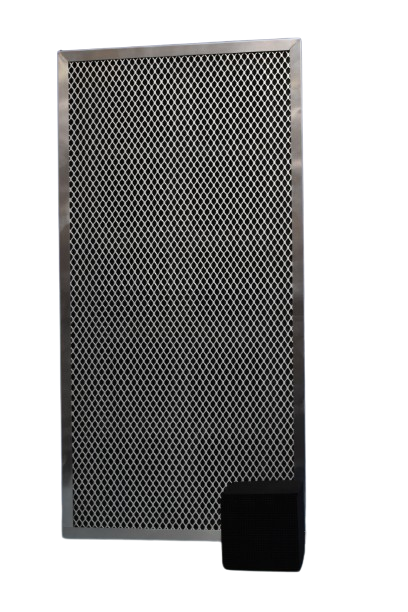
honeycomb-shaped block, consisting of multiple cells. Each cell within the block offers
an extensive surface area, resulting in a substantial contact surface per unit volume.
Notably, the entire Grid Block comprises 100% adsorbent material. Spectra
MATRIX-ODOUR is employed to achieve exceptional removal of TVOC (Total Volatile
Organic Compounds) and common odors.




